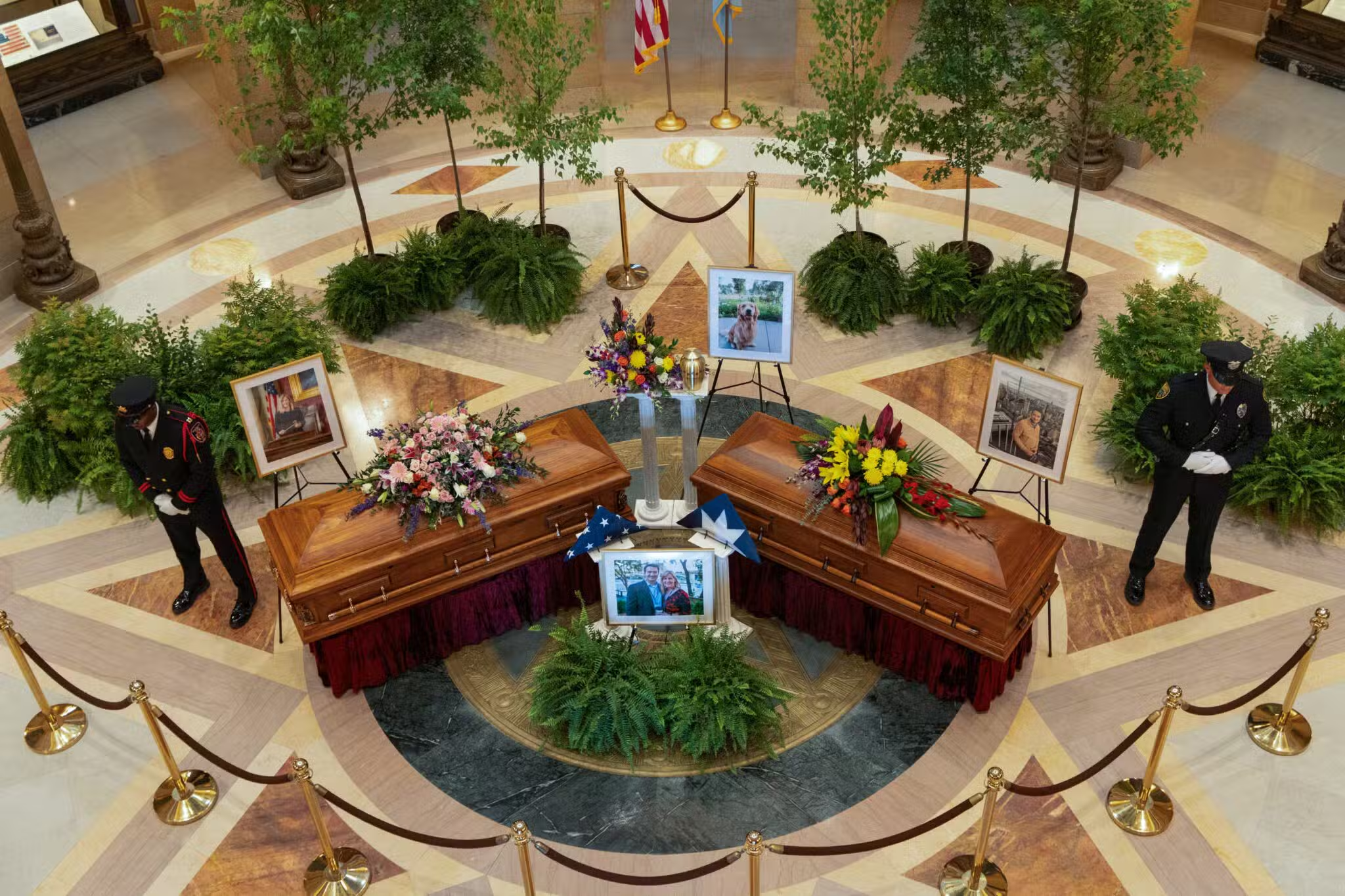Dear Readers: This is a bittersweet column. Ten years ago, I began writing At Home on Earth for St. Anthony Messenger, and, with this issue, it comes to a close.
At Home on Earth has been a constant companion and an integral part of my life for some very memorable and important years. When I began writing it, we had three children under 10, we were living on an organic farm in a home we built ourselves, and I was directing graduate theology programs at St. Meinrad, a Catholic seminary.
Ten years later, two of our kids are in college, one is finishing high school, and we’ve moved to a smaller piece of land nearer to Louisville, Kentucky, where I am now running an interfaith mindfulness center.
Lessons Learned
It’s been quite a journey, and I’ve grown and changed a lot along the way. With this final column, I’d like to reflect on some key themes of my writing—and living—on this lovely 10-year journey: grief, patience, presence, and gratitude.
First, grief. Not even a year into writing this column, I had an exciting professional opportunity come up, and my family and I discerned that we were all called to leave the farm we had called home for 15 years. That farm was the place I was living when I met my wife, Cyndi. We joined our lives and began raising three beautiful children together, while maintaining a close relationship to the land. It was the place where I invested thousands of hours bringing the soil back to health, raising crops, building a “green” home, investing in neighborly relationships, working myself to the bone, and making just about every mistake it’s possible to make on a farm and in family life. It was the place where I truly learned to love as a mature adult both my family and the land itself. And it was the place that, when we finally said goodbye to it, ripped a hole in my heart.
The grief of leaving the farm—and the joys and satisfactions we’ve found subsequently—have made me believe more strongly than ever that life always has a cruciform pattern: Loss is inevitable, though it may contain seeds of resurrected transformation that can open your heart and make you a more capable vessel (however cracked and scarred) to receive, carry, and pour out God’s love. Writ large, all of us are facing the grief of losing what our common home once was, with its thriving forests, stable climate, rich soils, and biodiverse ecosystems. We won’t get those back in our lifetimes, and because of that, many of us (both human and non-human) may face great suffering in the future or already are facing it in the present.
In between the grief of loss and the joy of resurrection, there is “tomb time.” I’ve come to believe that patient waiting is an absolutely essential part of both Christian discipleship and environmental care. Healing and transformation take time, and when it comes to healing ecosystem damage, the timescales are often far more vast than we can comprehend.
Even the healing of human relationships and trauma can take much longer than we might wish or expect. Waiting—while trusting in the power of God to make things right—is the ultimate test of faith. I’ve been learning patient trust not only from my own experience and from wise human elders in my life, but also from trees, especially those with which I’ve formed close relationships over many years.
Patient waiting, however, is not passive waiting. As we wait and hope—and work—for a resurrected earth, one of the most important gifts we can cultivate is our full, active, alert presence. Paying attention to the wonderful, wounded beauty of the world around us, in its human and more-than-human elements, is the great calling of the Incarnation. Spirit dwells here, interwoven with every single part of creation. As Thomas Merton put it, “Everything that is, is holy.”
Only by giving this world our full presence can we discern God at work always and in everything. Only with our full presence can we have any idea of how we may be called to serve, to participate in the resurrection and healing that God brings about. Our presence is one of the greatest gifts we can give another person or the landscape in which we dwell. It is the only way I know of to be truly at home on this earth.
Cultivating Gratitude
Finally, these past 10 years have taught me to cultivate gratitude. I believe the mystic Meister Eckhart, who claimed that “thank you” is the single most important, most complete prayer we can ever say. When we truly pay attention to this world and to our own lives, of course, our hearts will break.
But, if we let God keep working on us, that breaking will be a breaking open, so that we’re more and more able to see beauty, to give and receive love. This is the resurrected life: not when everything is fine, when all problems are resolved, but when we are finally able to recognize and give thanks for the love in which all things live and move and have their being.
And so, dear readers, I end this column with gratitude. I’m thankful to my friends at this magazine for giving me a chance to share my reflections with you over all these years. And I’m deeply grateful for you, who have taken the time to read them and perhaps even let your mind and heart be a little changed by them.
Thank you, may God bless you, and may you be at home on this lovely earth we all share
Action Steps
Being at home on earth…
- Everything I’ve written about in the last decade is better experienced than reflected upon. Make it a spiritual practice to regularly spend time in the outdoors, hopefully including at least one spot that you consistently visit. Pay patient attention to how God whispers—or shouts—through the voices of creation.
- The best way to become fully at home on earth is to get your hands dirty: in a garden, in the kitchen, making or fixing something, doing some practical service for others. Always remember: These are incarnational acts.








